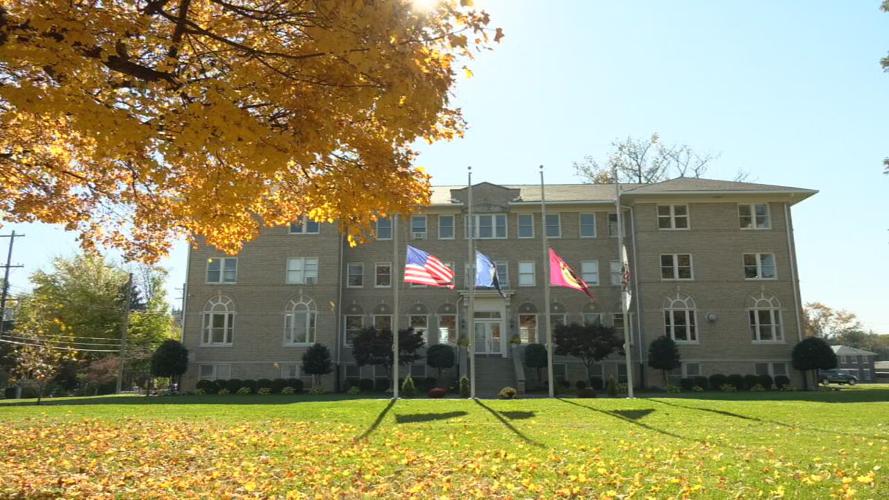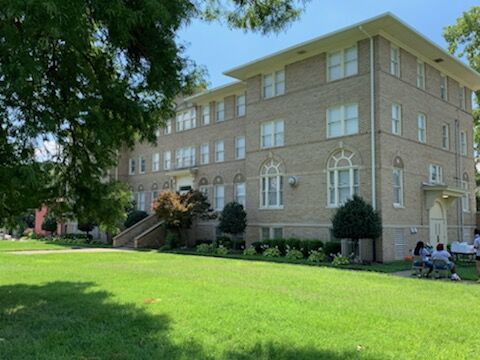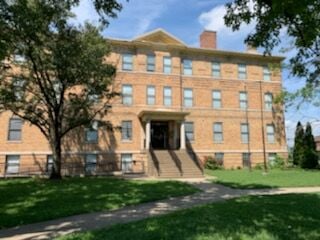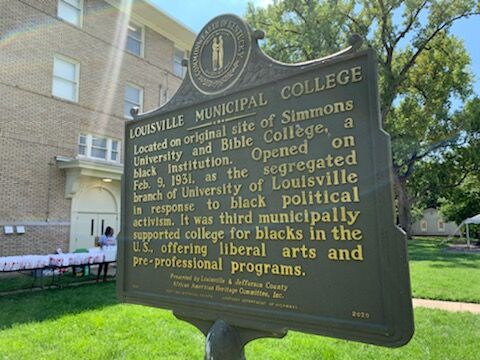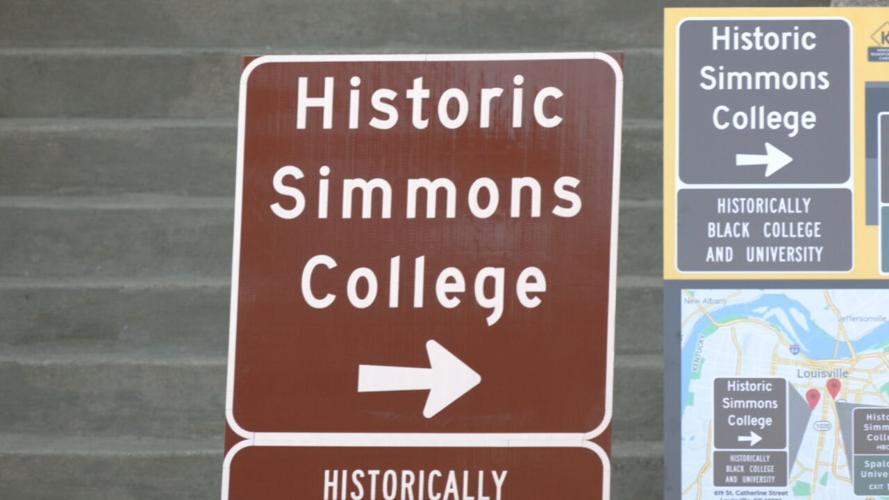LOUISVILLE, Ky. (WDRB) -- Some Kentucky prison inmates will soon transition from doing hard time to making the grade.
When someone is serving time, their release date is important. But it is typically just the beginning of a long journey. That’s why the historic Simmons College of Kentucky is using federal grant money to create a pipeline from prison to college.
"Simmons is going behind the prison bars so students who are currently incarcerated have an opportunity to be immersed into college coursework," said Dr. Javan Reed, vice president of Academic Affairs at Simmons College.
Reed said the federal Pell Grant will help fund the Second Chance Program for people who are incarcerated.
"The goal is to start at two facilities this spring semester," he said. "At North Point and Luther Luckett."
The grant provides $1.3 million a year to cover the cost of educating inmates. Reed said the hope is to service more than 125 students in the first pilot.
"This whole problem of mass incarceration has been devastating to the Black community," explained Dr. Kevin Cosby, president of Simmons College. "It is, in the words of Michelle Alexander, 'The New Jim Crow.'"
Cosby said the program is needed to address mass incarceration, crime, systemic racism and the recidivism rate.
"So we have got to build institutions and opportunities in our communities, both to prevent high incarceration, but also to help intervene when people already are moving down that track," he said. "The Second Chance Pell Grant is going to give persons who want to develop good personal policy the opportunity to be the best version of themselves."
Cosby said bad public policy is one of the problems.
"But the only thing that can overcome bad public policy is, first of all, good public policy," he said. "And then secondly, personal policy that says you know what, I want to maximize myself."
The university's president also addressed what some see as misplaced blame.
"I don't blame the people who live in the community for the circumstances they found themselves in, I blame public policy," Cosby said. "I can quote Dr. Martin Luther King Jr., he said, that 'Much of the crime that is in the Black community is a residual of crimes that have been committed against the Black community.' So, I think that having a degree is critical because while racism may slow you down, not having an education will knock you out."
Dr. Baz Dreisinger, an English professor at City University of New York's John Jay College of Criminal Justice, founded the Prison-to-College Pipeline and also serves as the executive director of Incarceration Nations Network. She said it's not an opinion that education and other programs in jail "do good things for people and for communities," it's a fact.
"There's data after data about how offering people opportunities while they're incarcerated, and offering them opportunities and access when they come home, ultimately means that people go on to not only not commit crimes, but live fuller, better, more fulfilling lives," Dreisinger said.
She said her previous work also shows the benefits of creating a pipeline from prison to college.
"I founded the Prison to College Pipeline Program 12 years ago. That program offers incarcerated students college-level credit classes while they're incarcerated, and then guarantees them a place in the City University of New York system upon release, and so that (is) ultimately the idea of the program, is to reverse the school-to-prison pipeline, and instead send folks directly from prison to college, and also offer for them a college education while inside in an international context," Dreisinger explained. "So it's definitely in the hundreds of students that I've worked with in the context of college in prison and college upon coming home from prison."
In August, Dreisinger was in town as the keynote speaker for the Louisville Coalition for Change and a conversation about justice reform. She said creating a prison to college pipeline benefits the entire community.
"It is common sense that if you offer people access to education, to jobs, to housing, to community inclusion, to trauma-informed care that they are, they're going to do better in the world," she said. "And that benefits all of us by building the kinds of safer communities that we want."
Meanwhile, Reed said he has read research that says more than 10,000 people will be released from their prison sentences this year.
"What research essentially shows is that a person is 43% less likely to reoffend and go back to prison if they do not have access to a post-secondary education," he said.
Reed said the federal grant was initiated in 2015 under former President Barack Obama's administration.
"The goal is to earn a degree, so we take priority students within five years of release, and that opportunity essentially sets them up to do something different," he said.
The program is scheduled to start in January, and will begin with two correctional facilities in the state.
Copyright 2022 WDRB Media. All Rights Reserved.
